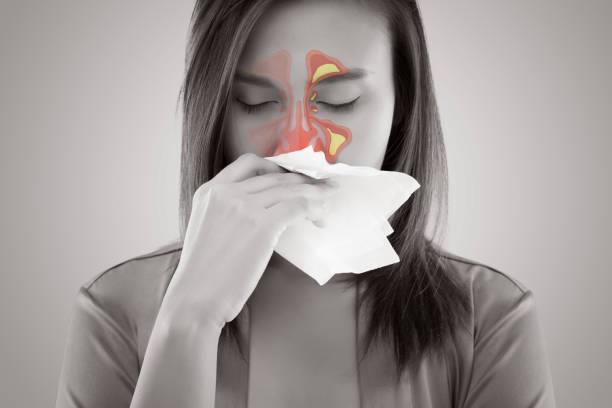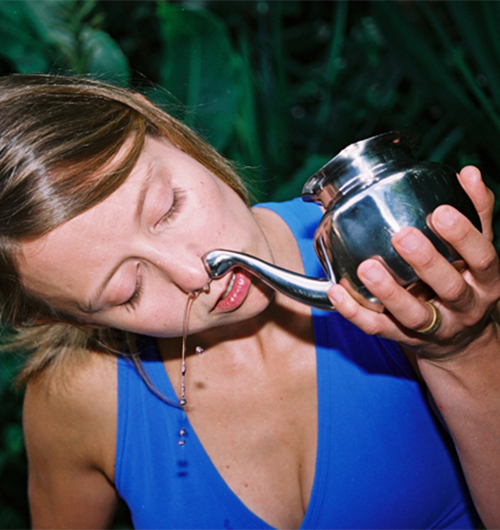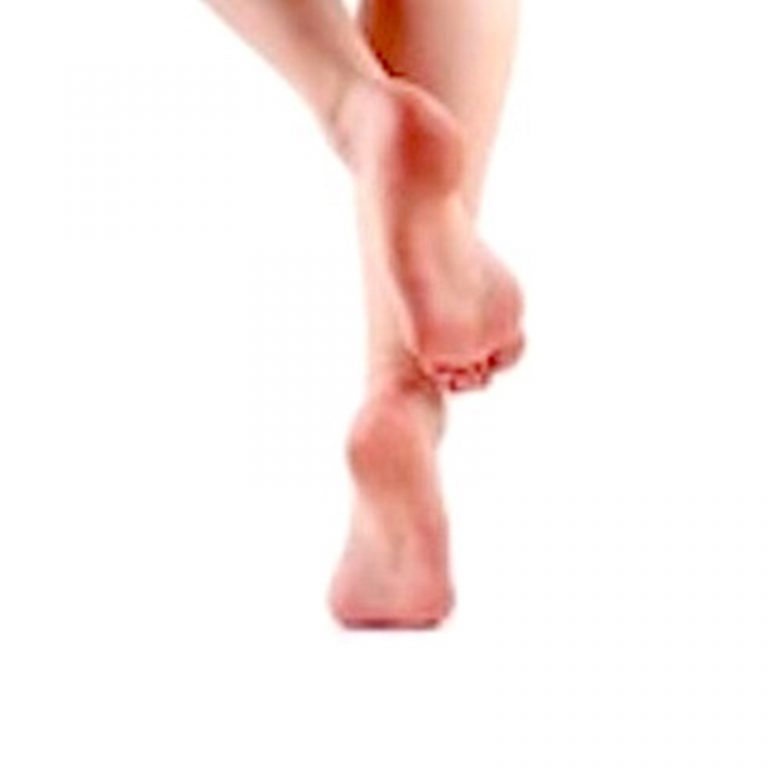Are Sinusitis and Sinus Infection the Same?
Are you wondering what the difference between sinusitis and sinus infection is? While both produce similar symptoms, there is a slight difference; knowing this difference is key to treating the condition effectively.
Sinusitis vs Sinus Infection
Sinusitis is the inflammation of the sinuses. This inflammation occurs when mucus is overproduced and the lining of the nasal cavity swells, resulting in congestion.

Mucus is a thin biochemical substance produced by the body with the purpose of trapping bacteria, viruses, pollen, dust and other airborne irritants in an attempt to keep them out of the respiratory tract and prevent infection. Sometimes, due to low immunity, the mucus does not succeed. It becomes thicker and less effective, comprising the nasal lining and progressing into more complicated symptoms.
In the case of bacteria and viruses, a full-blown sinus infection may occur. This is when we refer to the condition as a sinus infection.
Sinus infections are usually short-term (acute) but a long-term (chronic) condition affecting the sinuses may also lead to an infection. Conditions such as hay fever or a simple dust mite allergy may lead to sinus infections if the mucus does not drain away, thus leaving the sinuses more susceptible to infection.
But what can be done in either case?
To properly diagnose the problem, you must first consult your health advisor. Your treatment options will most likely include prescribed or over-the-counter drugs, so the natural holistic route is definitely something to consider.
An Ayurvedic practitioner can assist you with a personalised, side effect and drug-free treatment plan, but you can also implement some home remedies yourself.
Self-Help Tips
Here are some tips that may assist in alleviating your sinus-related symptoms:
- Use a Neti Pot filled with lukewarm saltwater to cleanse your nasal passages, sinuses and even your throat.
- Gently massage around your nose and eyes using an Ayurvedic oil to assist with nasal drainage if you are congested.
- Sip on Peppermint tea which will aid in relieving congestion, irritation and sinus headaches.
- Inhale steam from a bowl into which you will have added 1-2 drops of Eucalyptus essential oil. Eucalyptus oil steam-breathing is known to open the sinuses and encourage proper breathing.
- Try sneezing artificially to release bacteria and irritants from your nasal passages. Our in-house Ayurvedic practitioner can show you how this is done safely with an ear-bud.

Looking for professional holistic advice on how you can best treat and beat sinus infections? Contact us today for a free no-obligation Ayurveda consultation.
How long do sinus infections last?
Most sinus infections typically last for about 1–2 weeks. However, if you are suffering from chronic sinus infections, it may take up to 6 to 8 weeks or even more. Most acute sinus infections resolve on their own, while others may require the medical attention of a healthcare provider.
Can a sinus infection go away on its own?
If you have an acute sinus infection, there are high chances of it going away on its own. You may try some tips to alleviate sinus symptoms, such as drinking peppermint tea, inhaling steam, or using a neti pot.
Frequently Asked Questions
What are the four main symptoms of sinusitis?
The four main symptoms of sinusitis are:
- Nasal congestion
- Difficulty in breathing
- Loss of smell
- Facial pain around nose and ears
How do I differentiate between Sinusitis vs Sinus infection?
In order to differentiate between Sinusitis vs Sinus infection one must understand the role of mucus. Mucus as a biochemical substance is used to trap bacteria, dust and pollen and prevent any foreign substance from causing infection in the respiratory tract. However, if a person’s immunity is low and the mucus is unable to get out of the body, such conditions may cause sinus infections. Whereas Sinusitis is the condition where sinuses are inflamed due to overproduction of mucus.
How do you know if you have sinusitis infection?
If you experience the below mentioned symptoms, it means you may have sinusitis infection
- Runny or Stuffy nose caused by excessive mucus production.
- Nasal congestion due to blockage of nasal passage.
- Headache is often a common symptom in sinusitis
- Facial pain: You may experience mild to severe pain around areas of nose, ears and eyes.
Is sinus a serious problem?
For most people sinus does not pose any serious threat to health. It may only cause mild inconveniences into day to day life. An acute sinus condition may be easily countered by following ayurvedic tips such as using Neti Pot or by the over-the-counter medications.
However, if your sinus condition persists for more than two weeks, it is advisable to seek medical attention.
What is the Ayurvedic term for sinusitis?
The Ayurvedic term for sinusitis is pinas.
Can Ayurveda cure sinus infection?
Ayurveda may be beneficial in managing sinus infections. When you go for ayurvedic treatment for sinusitis, an ayurvedic practitioner evaluates your dosha and symptoms and creates a holistic and natural sinusitis treatment plan.
Which dosha is responsible for sinusitis?
An over imbalance of the Kapaha dosha is responsible for sinusitis.
Which herbs are helpful in relieving mild sinusitis symptoms?
Herbs like ginger, eucalyptus, thyme and peppermint are helpful in relieving mild sinusitis symptoms.
Which pranayama is best for sinusitis?
Bhramari pranayama is considered one of the best pranayama for sinusitis.
What drinks may help in managing sinus?
A warm cup of ginger and turmeric tea or peppermint tea can be helpful in managing sinus.
All information and resources referenced in this article, including medicinal preparations, exercise and dietary recommendations, are based on the opinion of the author. All content is intended to inform and encourage the reader to seek professional advice if the aforementioned conditions and symptoms are present. No information in this article should be considered a diagnosis or prescription.

*Discover holistic healing with a complimentary phone or video consultation from our expert Ayurvedic practitioner. Start your path to better health today!*























